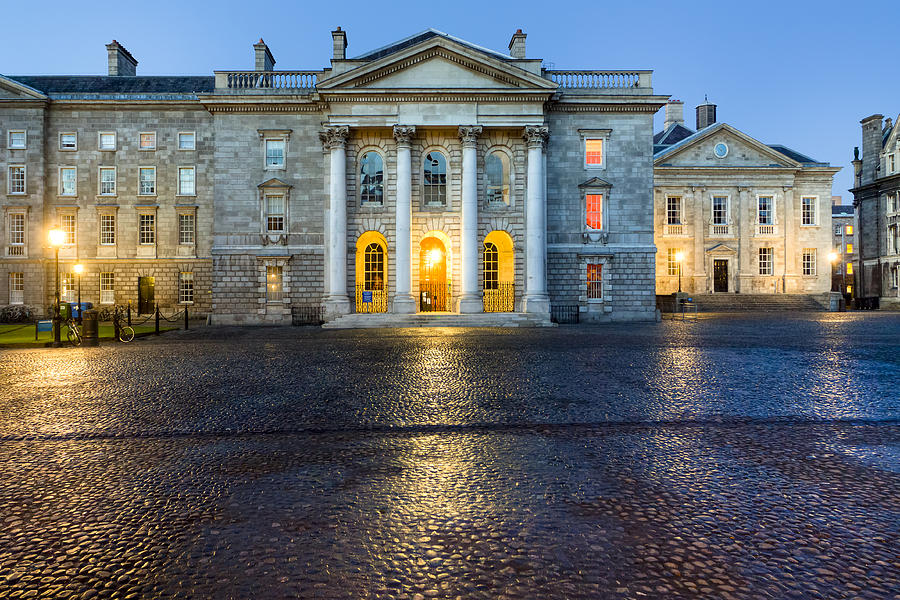Most Irish university graduates are employed in either Dublin or Cork nine months after graduating, according to a new report conducted by the Higher Education Authority (HEA). The survey also found that employment prospects continue to improve for those with a higher education qualification.
In total 18,299 level 8 and above graduates responded to the survey. 54% of those who graduated from an Irish university with a degree are employed in Ireland, 8% are employed overseas, 31% are in further studies, 3% are unavailable to work and less than 5% are currently seeking employment.
Dublin is the most popular graduate destination with 42% of respondents are employed in the Dublin region. The southwest, Cork and Kerry region, takes the second spot with 17%. Only 4% of graduates are finding employment in the southeast, 3% in the border region and 2% in the midlands.
Of the survey’s respondents, 77% of females are employed compared to 66% of males. Additionally, 63% of males are employed in Ireland compared to 74% of females.
In terms of salaries, 40% of Honours Bachelor Degree graduates command a salary of less than €25,000. However this is a 7% decrease from last year’s cohort. The Highest proportion of those earning over €37,000 or over are in the South East, with 11%. Arts and Humanities Honours Bachelor Degree graduates are the lowest earners with 15% earning less than €13,000. Overall, ICT, Engineering, Manufacturing and Construction and Health and Welfare Honours Bachelor Degree graduates are the highest earners with 38%, 28% and 28% of such graduates earning €33,000 or over respectively.
For those employed in Ireland the most common sector of employment for Honours Bachelor Degree graduates is the Non-Market Services sector at 30%. This is followed by Business, Finance and Insurance Services at 26%.
The general trend in improved employment prospects for graduates has been holding up with the proportion of graduates now finding work in Ireland is back at pre-recession levels with 70% of all graduates finding employment. Commenting on the report, Dr Graham Love, Chief Executive of the HEA said: “The evidence continues to point to a higher education qualification meaning that you are less likely to be unemployed and tend to have a higher starting salary.”
He also pointed out the the regional disparity in employment prospects must be addressed. “There is a challenge, however, for us to create more graduate employment opportunities outside of Dublin and Cork in order to ensure better regional development.” Dr Love said the planned development of Technological Universities will play a role in addressing this.
Four institutions are currently applying to become a technological university: Technological University for Dublin (TU4 Dublin), Connacht Ulster Alliance (CUA), Munster Technological University (MTU), and Technological University for the South-East (TUSE). In November, Minister for Higher Education, Mary Mitchell O’Connor, announced the allocation of €6.3 million towards the development of institutions progressing to this status. TU4 Dublin will be an amalgamation of Dublin Institute of Technology (DIT), Institute of Technology Tallaght (ITT) and Institute of Technology Blanchardstown (ITB), and will be located at Grangegorman Campus in Dublin.







